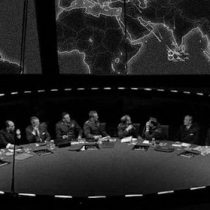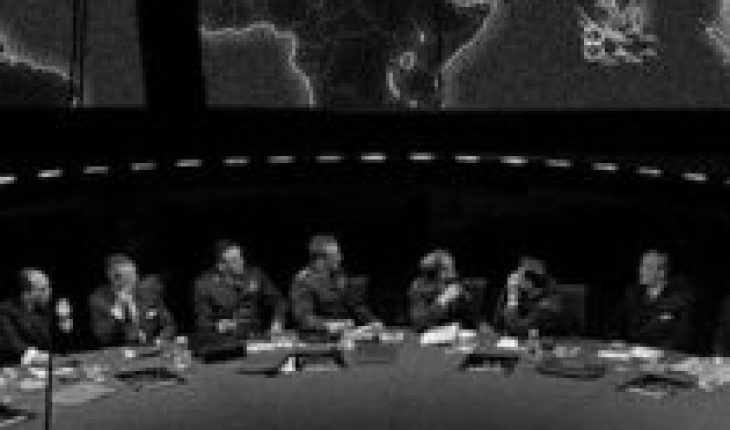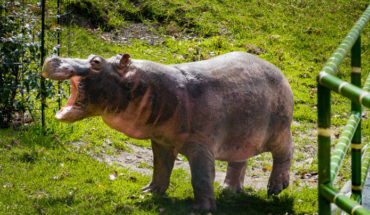
Safety, feeling protected, occupies the second level of the primary needs of the American psychologist Abraham Maslow, only above the physiological needs, and is one of the seven basic needs of the human being according to the anthropologist Malinowski. Being sure is tantamount to not feeling fear, that distressing disturbance of the mood in the face of real or imaginary harm.
The pandemic makes us feel in danger and distresses us not only in its health aspect, but also because of its labor and educational consequences, among others.
Fear plays an adaptive role, but by exacerbating it it can be instrumentalized for political domination and social control, as the Chinese model has shown. Safety is encrypted in reducing the risks of harm, but we must learn to live with uncertainty, without intending to eliminate it altogether.
The multiple facets of security
We tend to identify security with the body of means and measures designed to ensure public order, as state law enforcement does. But you can’t reduce security to the police, fire department or emergencies. As the pandemic has shown us, there are many other things that are attached to safety, such as public health that requires access to essential medicines and treatments, a social security that manages job leave and retirement, protection of the worker and consumer, access to housing or care for the environment. Good governance, transparency, accountability or participation are also essential elements that protect the citizen from possible abuses by political power.
Franklin D. Roosvelt.
In 1944 Franklin D. Roosevelt made his Second Declaration of Rights, cementing a new concept of security associated with a life with decent conditions. To get out of fear, it is essential not to be prey to hardship and precariousness. Work, housing, food, health care, education and protection from unemployment, accidents or old age are the rights that underpin this new security.
The Primacy of Freedom
However, everything should not be contingent on security, making it the supreme value of our social life. Freedom, solidarity or justice cannot be renounced for the sake of a supposed security which is often reduced to strengthening the mechanisms of surveillance and social control, without regard to the newly mentioned complexity and richness of the concept.
There are desires that should not be fulfilled and that of radical security is a longing that can never and should not be fulfilled. Controlling everything would make us inhumane, because we are precisely defined by our limitations, and our fragility is our fruitful touch of distinction, to which we owe our greatest achievements thanks to interdependence.
Sculpture by Etienne de La Boetie
The search for absolute security can only have completely undesirable consequences. In circumstances as delicate as today, in the face of a serious threat to our health, we may be tempted to voluntarily submit to ourselves an increasingly thorough control of our freedoms, thereby assuming once again that voluntary servitude of which he tells us about La Boétie in his famous essay of the same name.
The ethical limits of control
At any given time, it may be helpful to track our movements to track and avoid potential contagion. But you have to put limits on such controls and design these applications with transparency, social control, limitation of use and respect for privacy; that is, with ethical oversight that guides your design and especially your applications. In the binomial composed of freedom and safety must always take precedence the first, as between the bag and life must do this second.
Strolling through the streets under facial recognition cameras that identify us at every step does not bring security, but a world in which it is not worth living. We cannot be wary of everyone at all times and become suspected evildoers, such as when we passed an airport check.
Poem The Indifferent
Thus, someone could devise a digital bracelet with certain relevant data to limit our radius of action, if the pandemic returned with extreme virulence and we still did not have the right drugs to neutralize its lethal effects. Age, gender and even the blood group could determine our room for manoeuvre, generating a concatenation discrimination such as the one denounced by the famous poem about the indifference that is often attributed to Bertold Brecht.
A pedagogy of responsibility
What really counts is our responsibility, and we cannot leave it to our political representatives, nor delegate its execution to algorithms managed by artificial intelligence. We have to make that autonomous surveillance our own. Each must be responsibly guarded himself, so as not to harm the other, as claimed by Kant and Rousseau. This work needs a huge social pedagogy involving the media, the world of teaching and each of us.
We must assume that we must live with uncertainty, without suing science or those who manage public affairs that free us from our zozobra in difficult times by renouncing freedom, that is, the responsibility that characterizes us as citizens and as people with a moral identity, as he used to emphasize in his writings Javier Muguerza.
Without that moral identity that gives us responsibility, the only sure thing is that we will abdicate our human condition, becoming panic vassals, controlled by controllers that no one controls. Just remember the control room filmed by Stanley Kubrick on Red Phone, we flew to Moscow.
Roberto R. Aramayo, IfS-CSIC Research Professor (GI TcP). Historian of moral and political ideas. and Txetxu Ausín, Senior Scientist, Institute of Philosophy, Applied Ethics Group, Center for Human and Social Sciences (CCHS – CSIC)
This article was originally published in The Conversation. Read the original.





